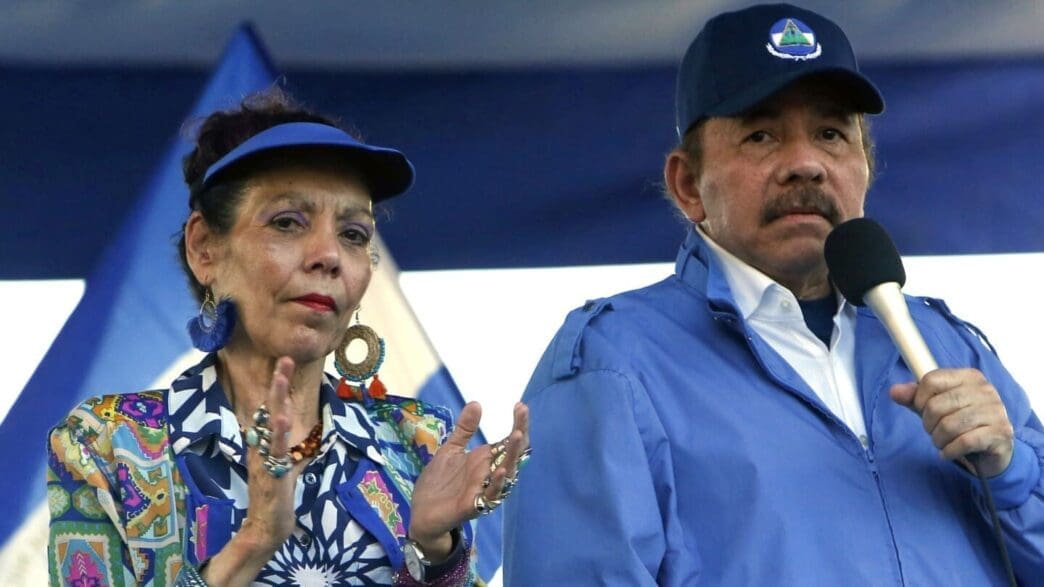In a significant move, the Biden administration is embarking on an investigation aimed at uncovering labor and human rights violations in Nicaragua. This development complicates the United States’ relationship with Nicaragua, a country with whom it shares a free trade agreement. Concerns are rising over President Daniel Ortega’s increasingly authoritarian governance, prompting this critical examination.
The investigation spearheaded by the U.S. Trade Representative is set to be completed within a year. According to Katherine Tai, the U.S. Trade Representative, there are numerous reports pointing to the Nicaraguan government’s oppressive actions that not only harm its citizens and workers but also disrupt fair competition and regional stability. The probe, authorized under section 301 of the Trade Act of 1974, will assess both the legitimacy of these abuse allegations and their impact on trade with the U.S. Once the findings are clear, appropriate retaliatory actions may follow.
Reports from various watchdog organizations accuse Ortega’s government of politically motivated arrests, forced labor, human trafficking, and a suppression of freedoms related to association and collective bargaining. The U.S. Trade Representative has emphasized that such actions not only exploit workers but also hinder economic progress and potential trade opportunities. The decision to launch the investigation aligns with a series of actions taken to mark International Human Rights Day.
The Nicaraguan government, represented by Vice President and spokeswoman Rosario Murillo, has yet to comment on the investigation. Historically, the U.S. government’s use of Section 301 tariffs, as in the case with China, has targeted unfair practices. In Nicaragua’s situation, any retaliatory measures may be complicated by the Central America Free Trade Agreement (CAFTA), under which Nicaragua is one of only two members maintaining a trade surplus with the U.S., valued at approximately $3 billion in 2022, or nearly 20% of its GDP.
In recent developments, President Ortega proposed a constitutional amendment to extend presidential terms from five to six years and to formalize the role of ‘copresidents’ with his wife, Rosario Murillo. Amidst these political maneuvers, the Ortega administration has faced substantial criticism for its crackdown, leading to mass imprisonment and forced exile of its critics, including religious figures and journalists. Since 2018, the government has reportedly closed over 5,000 entities, predominantly religious organizations, causing many individuals to flee Nicaragua.
The unfolding investigation into Nicaragua reflects a broader concern over the state of human rights and governance in the region. As the U.S. takes this step, the outcomes of this inquiry could have significant ramifications for both nations’ economic and diplomatic relations, potentially reshaping the landscape of international trade and human rights advocacy.
Source: Apnews








